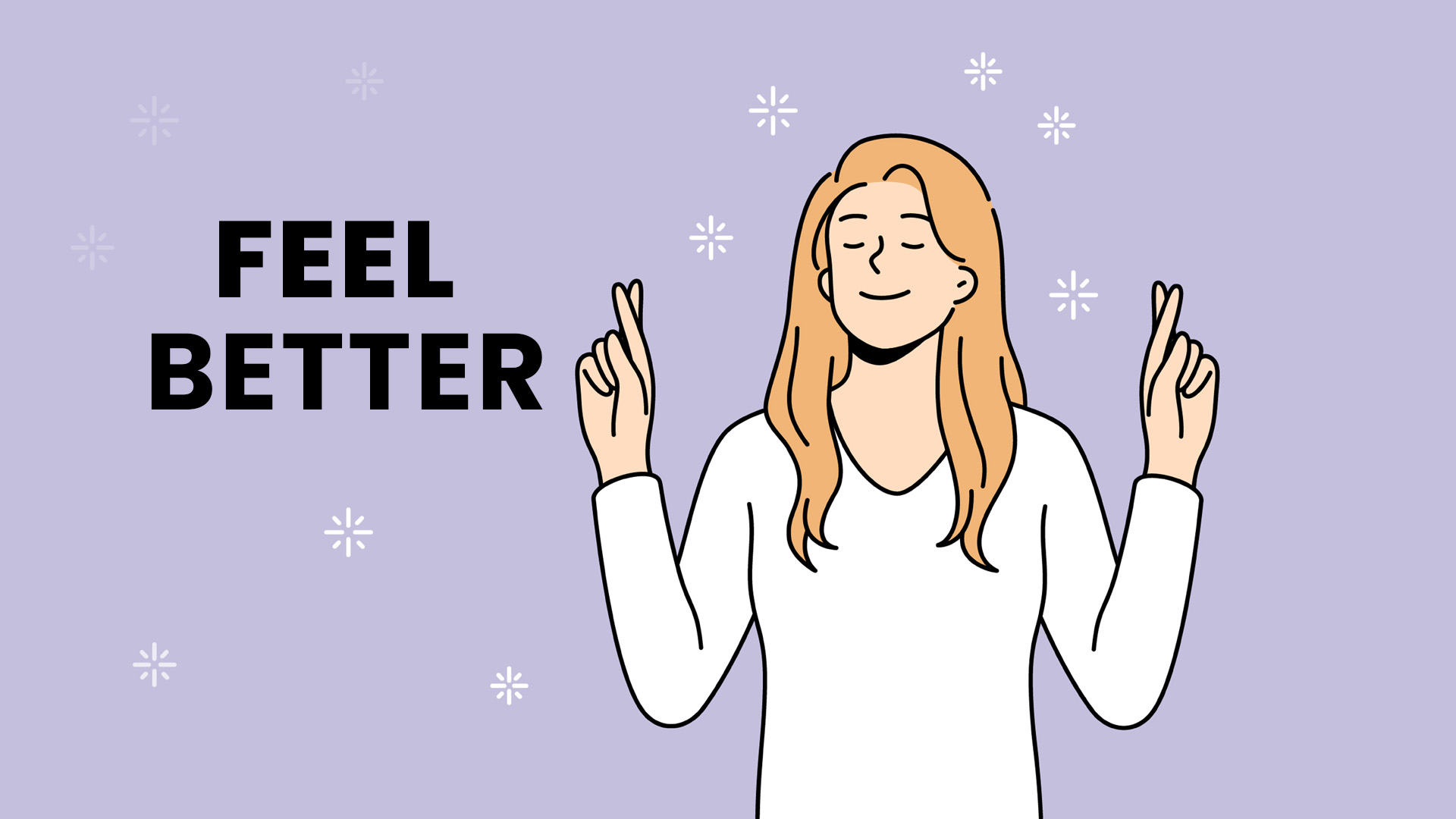There are many different ways we have to improve our moods. But some of them are based on our biology, which makes them more effective.
Our brain operates through specific signals that are transmitted through neurochemicals – specific substances that our brain produces and that have a specific effect on our mood, well-being, and current state.
If you can understand how to get your brain to produce natural chemicals that will help you regulate your moods, you can find better coping tools for stress. Let’s examine the existing neurotransmitters and talk about how you can generate each of them, as well as the effects they can have.
1. Endorphins
Endorphins are a natural painkiller. They are released to reduce our feelings of pain and stress. They also promote feelings of pleasure, from enjoying a good meal to a having a good jog.
Endorphins have an important role for our well-being and can get us to feel better, relieving physical and emotional pain. Here are two ways to boost them.
Exercise
Exercise involves a positive stress for the body. While it can involve effort and even a bit of pain, it also helps release endorphins, which boost our overall well-being. Intense exercise, like jogging or cardio, are great for promoting the release of these neurotransmitters, but mild exercise can be equally effective. 20 to 30 minutes of exercise per day can help boost endorphin levels overall and moving when faced with stress is a good coping strategy.
Laugh
Another way to generate endorphins is through laughter. The physical act of laughing can help your body release endorphins, plus other chemicals with a positive effect on your well-being. You can start with a smile and allow yourself to laugh at a funny video or joke or just laugh with other people.
2. Dopamine
The second chemical we will discuss is dopamine. Dopamine is associated with achievement, curiosity, and anticipation. It keeps our motivation high and allows us to undertake new tasks successfully. It boosts a feeling of pleasure.
Achieve a small goal
Finishing a small task can help your brain release dopamine. You could do the dishes, clean a small surface, or write an email. It works better when you can clearly see the results, for example, that the sink is clean, or if you can check off the task of a to-do list.
Close a loop
Getting a sense of completion and anticipating this can help you get more dopamine. Easy ways of accomplishing this include finishing a game or a puzzle, watching a film or an episode or a video until the end, reading a chapter or a short story, or doing something until you reach an ending, a logical stopping point. This makes our brains feel like we did something and can create a sense of satisfaction.
3. Serotonin
Serotonin allows us to feel calmer and achieve a stable, high mood. Low levels of serotonin are linked to depression and anxiety, while higher levels can be tied to better outcomes.
Eat a tryptophan-rich food
Tryptophan is another chemical that can help your brain produce more serotonin. However, this is true when you eat such a food with a healthy dose of carbs, like bread, sweets, fruit, or chocolate. Which foods are rich in tryptophan? Turkey, salmon, milk, chicken, tuna, cheese, and nuts are just a few options. You could add some gravy or sauce, a piece of bread, or another food that has enough carbs to enhance its effects.
Bright light
Another good solution for serotonin is exposure to bright light, especially daylight. We need to go outside during the day and get some sunlight. Even 15-20 minutes of sunlight can make a difference in our serotonin levels. People who live in rainy climates or places where sunlight might be hard to come by in winter might benefit from a light box, which simulates daylight.
4. Oxytocin
Oxytocin is associated with belonging and attachment. It soothes us and helps us reinforce the connections we make with other people.
Give a hug
A hug is an easy way to boost oxytocin. It also relaxes us and helps us a lot to feel calmer, as well as improving our relationship to the other person. Other forms of physical contact, like kissing, hand-holding, or a massage also help.
Do an act of kindness
Another way of increasing oxytocin is through doing an act of kindness for someone else, a friend or a stranger. A little bit of help that makes a positive impact can help you feel happier, more in control, and more at peace with the world.


